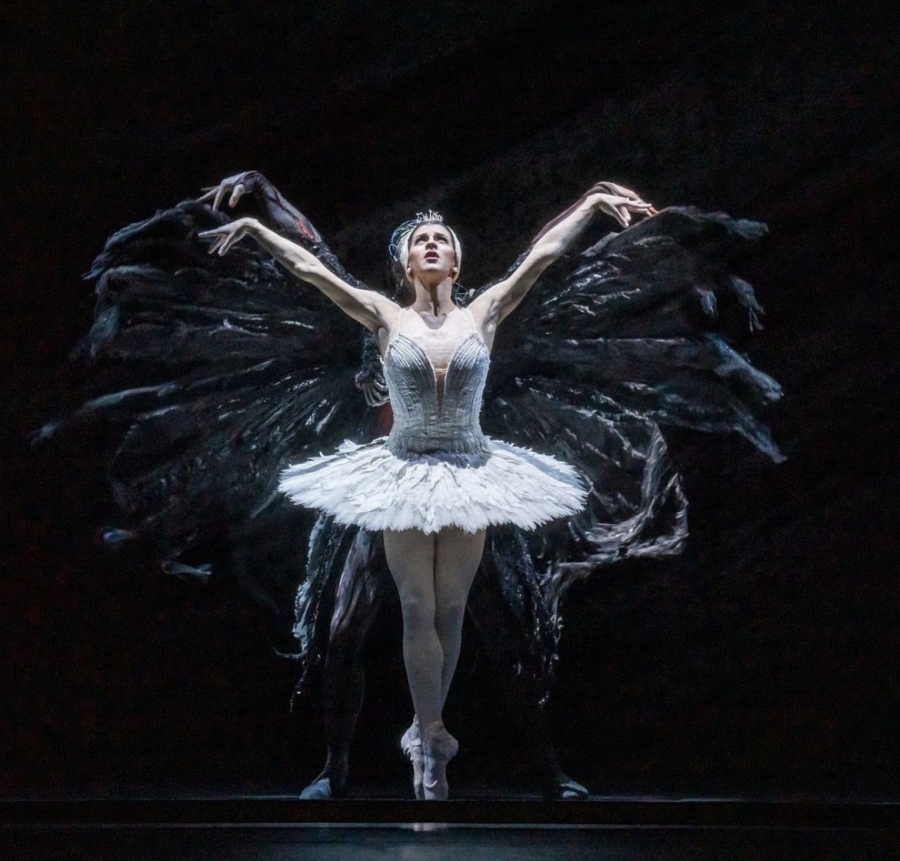- Afghanistan
- Åland Islands
- Albania
- Algeria
- American Samoa
- Andorra
- Angola
- Anguilla
- Antarctica
- Antigua and Barbuda
- Argentina
- Armenia
- Aruba
- Australia
- Austria
- Azerbaijan
- Bahamas
- Bahrain
- Bangladesh
- Barbados
- Belarus
- Belgium
- Belize
- Benin
- Bermuda
- Bhutan
- Bolivia
- Bonaire, Sint Eustatius, and Saba
- Bosnia and Herzegovina
- Botswana
- Bouvet Island
- Brazil
- British Indian Ocean Territory
- British Virgin Islands
- Brunei
- Bulgaria
- Burkina Faso
- Burundi
- Cambodia
- Cameroon
- Canada
- Cape Verde
- Cayman Islands
- Central African Republic
- Chad
- Chile
- China
- Christmas Island
- Cocos [Keeling] Islands
- Colombia
- Comoros
- Cook Islands
- Costa Rica
- Croatia
- Cuba
- Curaçao
- Cyprus
- Czech Republic
- Congo - Kinshasa
- Denmark
- Djibouti
- Dominica
- Dominican Republic
- Timor-Leste
- Ecuador
- Egypt
- El Salvador
- Equatorial Guinea
- Eritrea
- Estonia
- Ethiopia
- Falkland Islands
- Faroe Islands
- Fiji
- Finland
- France
- French Guiana
- French Polynesia
- French Southern Territories
- Gabon
- Gambia
- Georgia
- Germany
- Ghana
- Gibraltar
- Greece
- Greenland
- Grenada
- Guadeloupe
- Guam
- Guatemala
- Guernsey
- Guinea
- Guinea-Bissau
- Guyana
- Haiti
- Heard Island and McDonald Islands
- Honduras
- Hong Kong SAR China
- Hungary
- Iceland
- India
- Indonesia
- Iran
- Iraq
- Ireland
- Isle of Man
- Israel
- Italy
- Côte d’Ivoire
- Jamaica
- Japan
- Jersey
- Jordan
- Kazakhstan
- Kenya
- Kiribati
- Kosovo
- Kuwait
- Kyrgyzstan
- Laos
- Latvia
- Lebanon
- Lesotho
- Liberia
- Libya
- Liechtenstein
- Lithuania
- Luxembourg
- Macau SAR China
- Macedonia
- Madagascar
- Malawi
- Malaysia
- Maldives
- Mali
- Malta
- Marshall Islands
- Martinique
- Mauritania
- Mauritius
- Mayotte
- Mexico
- Micronesia
- Moldova
- Monaco
- Mongolia
- Montenegro
- Montserrat
- Morocco
- Mozambique
- Myanmar [Burma]
- Namibia
- Nauru
- Nepal
- Netherlands
- Netherlands Antilles
- New Caledonia
- New Zealand
- Nicaragua
- Niger
- Nigeria
- Niue
- Norfolk Island
- North Korea
- Northern Mariana Islands
- Norway
- Oman
- Pakistan
- Palau
- Palestinian Territories
- Panama
- Papua New Guinea
- Paraguay
- Peru
- Philippines
- Pitcairn Islands
- Poland
- Portugal
- Puerto Rico
- Qatar
- Congo - Brazzaville
- Réunion
- Romania
- Russia
- Rwanda
- Saint Barthélemy
- Saint Helena
- Saint Kitts and Nevis
- Saint Lucia
- Saint Martin
- Saint Pierre and Miquelon
- Saint Vincent and the Grenadines
- Samoa
- San Marino
- São Tomé and Príncipe
- Saudi Arabia
- Senegal
- Serbia
- Serbia and Montenegro
- Seychelles
- Sierra Leone
- Singapore
- Sint Maarten
- Slovakia
- Slovenia
- Solomon Islands
- Somalia
- South Africa
- South Georgia and the South Sandwich Islands
- South Korea
- South Sudan
- Spain
- Sri Lanka
- Sudan
- Suriname
- Svalbard and Jan Mayen
- Swaziland
- Sweden
- Switzerland
- Syria
- Taiwan
- Tajikistan
- Tanzania
- Thailand
- Togo
- Tokelau
- Tonga
- Trinidad and Tobago
- Tunisia
- Turkey
- Turkmenistan
- Turks and Caicos Islands
- Tuvalu
- U.S. Virgin Islands
- Uganda
- Ukraine
- United Arab Emirates
- United Kingdom
- United States
- U.S. Minor Outlying Islands
- Uruguay
- Uzbekistan
- Vanuatu
- Vatican City
- Venezuela
- Vietnam
- Wallis and Futuna
- Western Sahara
- Yemen
- Zambia
- Zimbabwe
6 Things Successful Dancers Do

6 Things Successful Dancers Do
Success has varied meanings for different dancers, but it is something we are all striving towards. To succeed as a dancer, you need more than just natural talent; there are numerous aspects that contribute to your success and employability. What can you do outside of the norm to help you achieve your goals?
In order to attain your dancing ambitions, you need know these 6 Things Successful Dancers Do:
1.Embrace change
Structure and practise are essential for success, but adding new activities to your daily routine might help you expand your imagination. It's a good idea to change things up if you've been dancing in the same style or at the same studio for a long time.
It's not about being the greatest; it's about having a good time and expanding your horizons as an artist by taking lessons in a different manner. As a classical ballet dancer, you may add a new dimension to your training by incorporating current or commercial styles into your repertoire.
Ballet training, on the other hand, can aid in the accurate performance of more difficult modern-style choreography. Consider taking a class in a new style at a lower level than you normally would in order to get the most out of it.
Learning from a variety of dance instructors may help you better understand your own strengths and weaknesses, as well as how to develop. As a result of having a new instructor in the classroom, you'll learn new ways to approach and structure the lesson. Your dancing instruction will also help prepare you for auditions and contracts in which you will not know everyone.
2. Join The Audience
You should support the arts in general as a passionate creative professional. Attending more concerts is the best way to offer your industry some love. Attend at least a couple performances a year with a group of friends put together by local independent dance groups.
As a performer, it's refreshing to sit back and enjoy the show from the audience. Even if you're just looking for a night out with pals, you'll get to see the show from a different perspective. There are several ways to learn the art of storytelling and choreography by watching other experienced dancers perform. It keeps you up to date on the ever-changing world of performing arts and provides important inspiration for your personal practise and professional objectives.
3. Network
The dance industry is tiny, and knowing a few people can always help you gain an audition or a job even if you are the finest dancer you can be. Instead of focusing just on who is hiring and who can assist you land the job, approach networking with an interest in getting to know individuals.
Meeting new people at events such as seminars and performances is another excellent method to broaden your social circle. After the show, don't just go; stick around and mingle with the other guests. Prior to the show, make sure you know the names of everyone involved in the creative process and ask them questions about what they've been working on in the past and what they're now working on. You never know who could be assessing your dream job audition based on your passion projects.
4. Get the Right Equipment
It's rare for a skilled craftsperson to point the finger at their tools, but having the correct tools really does make life simpler for them. Check your dancing bag and see what you already have, as well as what you'll need to get started.
- Your feet are one of the most crucial instruments in your arsenal, so take care of them!
- One of the best ways to keep your fitness level up while on the move is to stock up on The rabands in a variety of strengths.
- Invest in new technologies. Performance-enhancing effects of compression dancewear and tights have gone a long way in the previous several years.
- Between classes, you may find yourself on the road or taking a break. Make the most of your time by listening to dancing podcasts, such as Meet Me at the Barre by the Australian Ballet, or by using a meditation app like Smiling Mind to be relaxed and ready for anything.
- Our 100 percent merino wool line is the best option for a cosy warm-up that won't put you at risk of injury during your dance performance.
- Eco-Tan is an all-natural alternative to stage-ready skincare products.
- If you need to make adjustments or notes at the end of the day, a notepad is a good place to save them.
5. Visit Specialist Health Professionals
To cultivate your enthusiasm as a dancer, it's crucial to take care of your body and address even the tiniest of issues, even if it means putting off an appointment for a few days. The greatest method to assure peak performance is to consult with a variety of health care providers, each of whom has specialised in treating dancers.
Preventing injuries and managing discomfort can be made easier with regular visits to a physiotherapist or podiatrist who has experience working with dancers. Ask around at your dancing studio for referrals if you don't already have any in place. Do not be hesitant to see a few different doctors before finding one who you can trust and feel comfortable with.
6.Take a Rest
Dancers are always striving for excellence in terms of training, technique, artistry, healthy diet, and so on. You may believe that any time spent not pursuing and perfecting dance is wasted time, but this is not the case. Getting some rest is sometimes the best thing you can do for your body, mind, and dancing.
We all wish we had more hours in the day, and it's tempting to take a few hours from our sleep to make up for it. A clear scientific correlation exists between good sleep and better physical and mental health. You're more likely to perform better and manage better with adversity, such as criticism and setbacks, if you're well rested. Limit screen time at least an hour before bedtime, store your phone outside your bedroom, stretch, and clear your thoughts before settling down for a restful night's sleep.
Dance is a significant part of your life, but it's critical for your health to strike a balance between your greatest love and participation in the world beyond the studio. So, when you schedule time for great sleep, think about how your friends and family benefit your life, and make sure to prioritise time spent with those you care about. Your creativity will be fueled by social contacts, and you'll return to dancing more rejuvenated and invigorated than before.

 by Admin
by Admin


